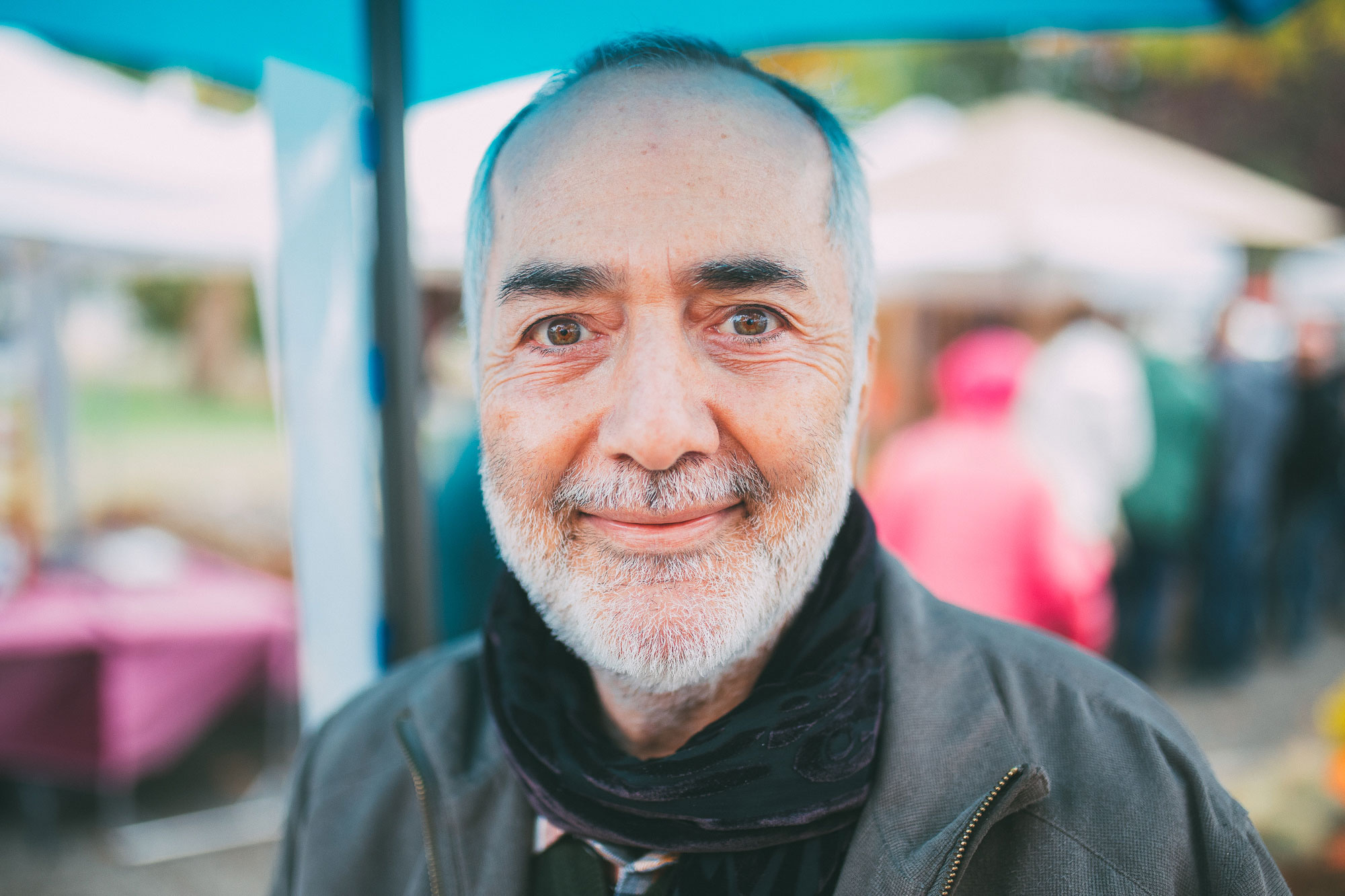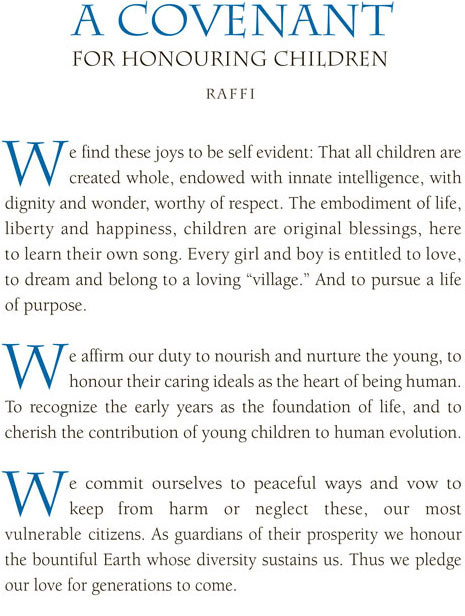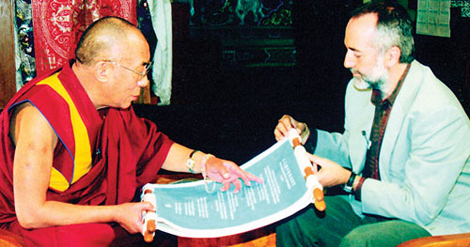Until 2015, Raffi was a melody. Raffi was my six-year-old voice asking my mom to put on a tape when we got in the car. He was Baby Beluga and This Little Light of Mine.
In 2015, he reappeared in my life as one of the most outspoken pro-democracy voices in the federal election. And in October, he reappeared at the market on Salt Spring Island, prompting me to hug him, take his photo, and research a bit more about this figure who has been in my life since I can remember listening to music. The result is a photo, and a quick story about honouring children.

Raffi Cavoukian, named after the 19th-century Armenian poet Raffi, emigrated from Egypt at age 10. He began performing for children in the mid-1970s through the Mariposa Folk Festival’s ‘Mariposa in the Schools’ program. By 1992, the Washington Post was calling him ‘the most popular children’s singer in the English-speaking world.’
Listen to this CBC interview from 1979 and you can hear the gentleness, the caring in his voice.
The interviewer asks him if he wouldn’t reach more children by being part of a television show, and Raffi responds: “You know, I’ve been approached to do some TV work. I don’t know, see the thing I like about records with children is that records are like books, in a sense. The children listen to the record and participate in the singing and still make up their own images.”
That commitment to the well-being of children has always been a huge part of Raffi’s life and work. Throughout his career, for example, he turned down all offers for television shows, film deals and commercial endorsements; retaining his belief that children should not be exposed to too much television or direct advertising.
In 1997, he developed his child-based holistic philosophy into Child Honouring. The philosophy starts with the understanding that planetary degradation is a state of crisis and that early childhood is the gateway to a positive life, and calls for a systemic response in detoxifying the environments that make up the world of the child. It’s focused on the sacredness of children and connected to specific, tangible forward-thinking policy recommendations.
In a 2016 article about the water crisis in Flint, MI, and the toxic water scandal of Shawnigan Lake, BC, Raffi focused on children. “The young children of Flint and Shawnigan Lake are part of the same family,” he wrote. “They are humans in their formative years, most vulnerable to the minutest presence of environmental toxins. They deserve priority protection from harms that can have lifelong consequences.”
“By putting the universal needs of children first, strategies can be developed to meet our most pressing needs—building community, restoring the planet’s health, peace-making, and creating sustainable economies devoted to the wellbeing of children and families.” Centre for Child Honouring



Throughout this project I’ve done a lot of listening, research and writing about the challenges that Canada and the world are currently facing—things like colonialism, racism, climate change. I know for myself and for a lot of other people, it’s hard to know where to start.
So I’m taking myself back to climbing into the car at age 6, when the place to start was Raffi’s voice. Perhaps by honouring children, we can centre ourselves and our actions on creating a better country and a more gentle, sustainable, resilient planet.